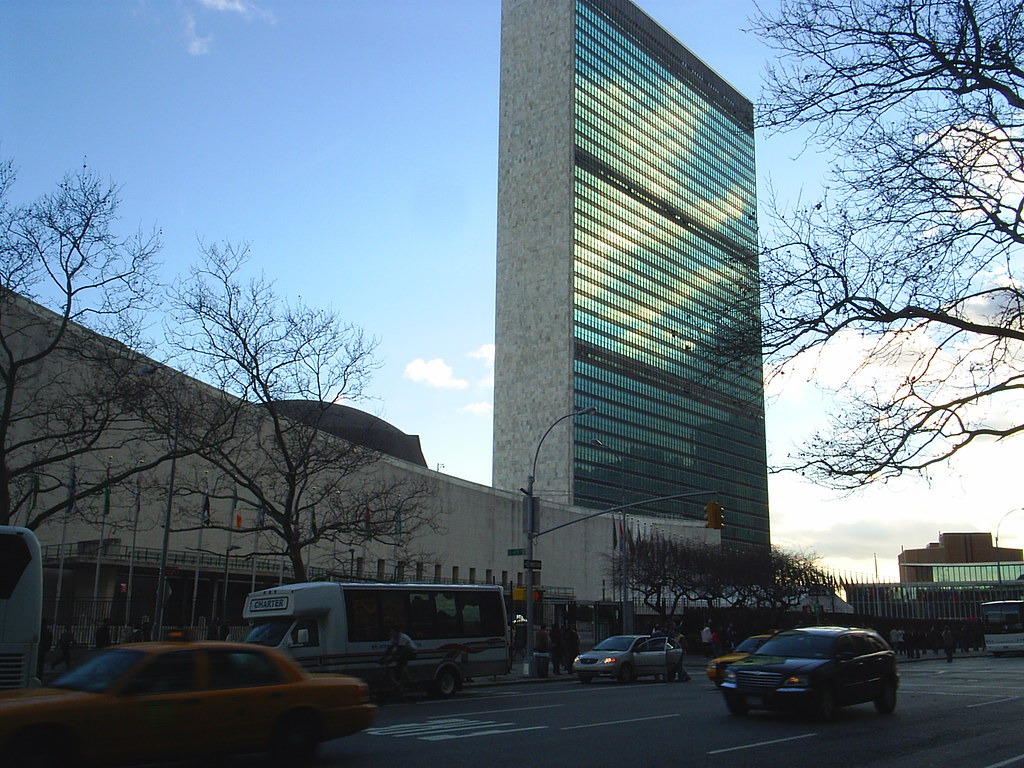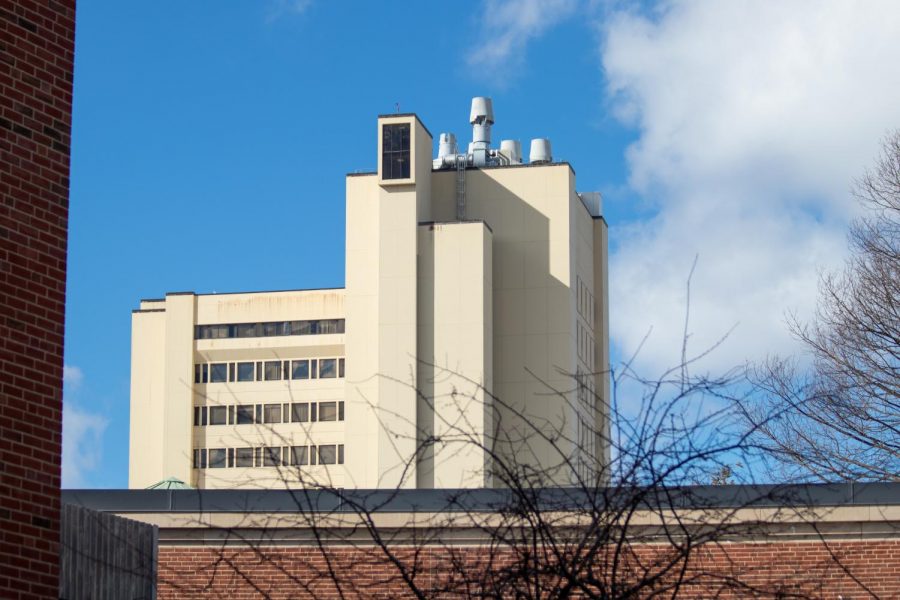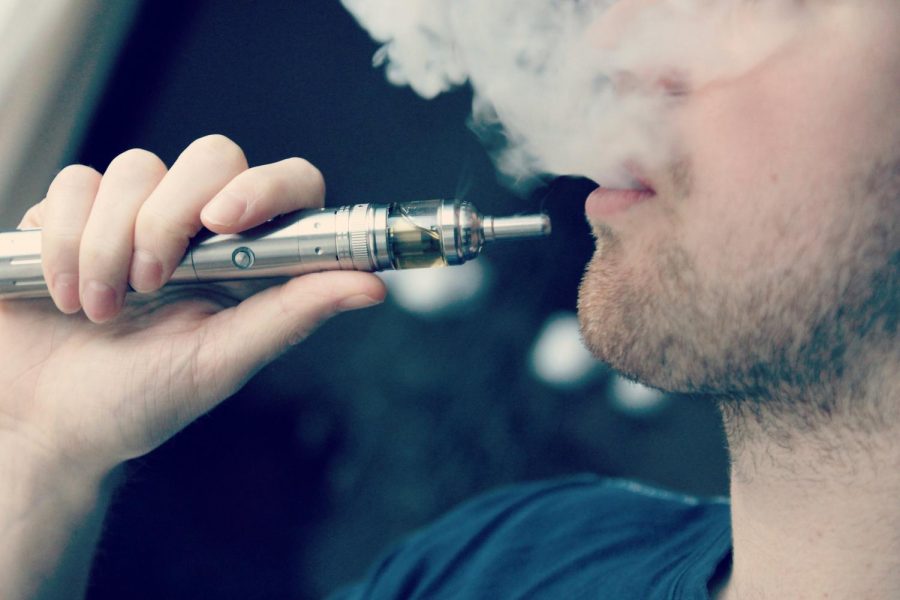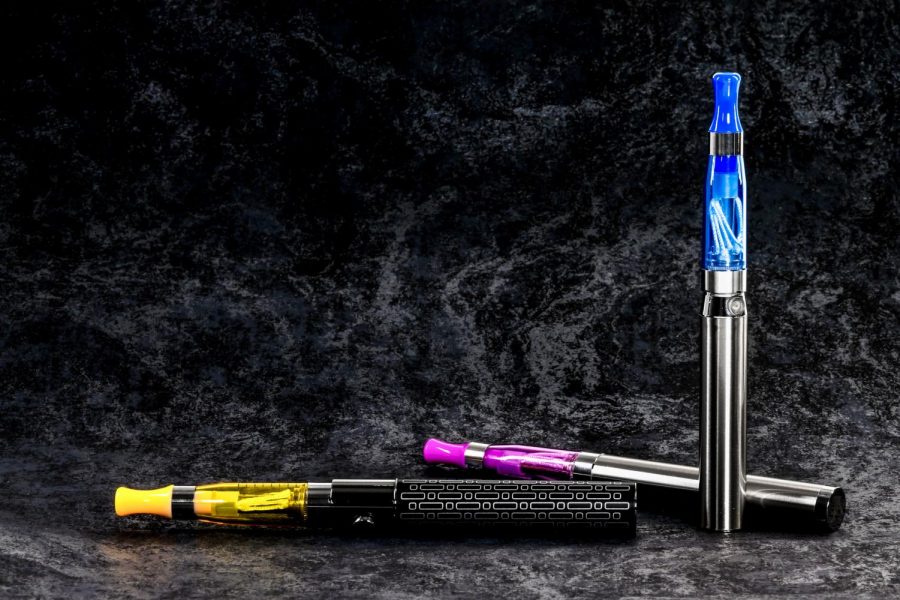A noted and often highlighted hallmark of the New Yorker is his or her ability to avoid the sticky mess that can often be human empathy or sympathy by keeping the eyes locked forward staring eye-level at some indeterminate middle distance. Such an ocular configuration allows the New Yorker to move quickly through his or her dense urban landscape and avoid as many unwanted human-to-human interactions as possible. In this way, existing urbanely is very much an exercise in depersonalization. Practically speaking the people on a crowded subway platform aren’t people so much as a public transportation jam. The bodies of others are no longer tied to a distinct mind but are merely vessels conveying a brain along the superhighway of sidewalks and subways.

It comes as no surprise then that the first piece of advice one often hears from some street-smart local friend or another is, “Never make eye contact with a crazy person.” At first the advice seems to pertain to those in that ubiquitous and seemingly untouchable subsection of the urban population: the homeless. However, live long enough in any major city and it becomes quite clear that it’s often times those deemed the sanest who end up being the least human.
These paragons of professionalism, these New Yorkers who read their eponymous magazine are the same who take the extra step of turning their noses and looking the other way when confronted with the inherent suffering that so marks our time on this rocket ship.
Heaven forbid they were to link eyes, to initiate that most primal of recognitions with someone so filthy and, no doubt, lazy. For who is homeless but those who intend to latch, blind and moist like a parasite to the hearty bloodstream of this, our epitome of individual liberty and freedom, the free market system?
Well, the answer is many different people for many different reasons – most notably mental illness or substance abuse and more recently, predatory loan practices or just pure old misfortune. For the former group help is hard as it involves not only material assistance but a steady hand to help heal and guide, but for the latter, sometimes a little cash pick-up means feeding a family or building up enough financial momentum to “pull one self up by one’s own boot straps” as it were.
Granted, such a clear and dichotomous breakdown of the country’s homeless is an oversimplification that threatens to demonize one side and hold up the other as an archetype of homeless virtue but I simply don’t have the space here to discuss the complexities of homeless demographics. This artificially sharp distinction also helps to place our New Yorker in a moral bind of sorts.
The New Yorker is busy. If it’s early they are no doubt on their way to a very important business meeting. During the afternoon, they are no doubt pressed for time in which to eat lunch. And in the evening they are no doubt tired and engaged in reversing the morning routine. While this routine does grind, it is why the New Yorker has a cozy apartment and a cat perhaps. Productive, the New Yorker feels accomplished, important and, according to free market logic, can explain why they are not homeless.
However, as often happens during any urban routine, the New Yorker must regularly deal with their antithesis: the homeless.
More often than not the interaction begins as an unsolicited plea for change. In the New Yorker’s head a battle is waged.
Premise one: Everyone knows homeless people are drunks and drug addicts. Conclusion: any donations will help feed a cycle of substance abuse and inflame the problem.
Premise two: By giving this person change I will be positively affecting their life and mine. Conclusion: donations will help the homeless eventually help themselves making all parties involved feel better and, in the end, prove that it is possible to defy physics and pull oneself up by one’s own bootstraps.
Some would have us believe that there is a third premise, it goes like this:
Premise three: I have no clue what the homeless will do with my money. Conclusion: I will ask the homeless how best I can help them and then help them in that way if it lines up with my own morals.
But really, this third option is plain old head-in-the-clouds idealism. By assuming that everyone should feel obliged to take on the role of care taker, proponents of the third option seek to rob our beloved New Yorker as well as the homeless themselves of their autonomy.
What this all seeks to say is: don’t let the bleeding heart liberals make you feel guilty about just giving someone some change or a buck or two when they ask for it. In fact, don’t let them make you feel guilty about not giving someone some change or a buck or two when they ask for it. Just go to your important meetings and keep all of your hard earned cash and precious little free time in a safe or vault so that greedy, money sucking, well-fare state parasites can’t keep you from buying that third car, or bigger TV.
Max Calloway is the ed/op editor and can be reached at [email protected]












Pat Dunay • Jan 29, 2012 at 8:57 pm
HMMMM
Mike • Jan 27, 2012 at 6:50 am
“Just go to your important meetings and keep all of your hard earned cash and precious little free time in a safe or vault so that greedy, money sucking, well-fare state parasites can’t keep you from buying that third car, or bigger TV.”
Agree! There are too many people already on this planet. Can’t help them all.